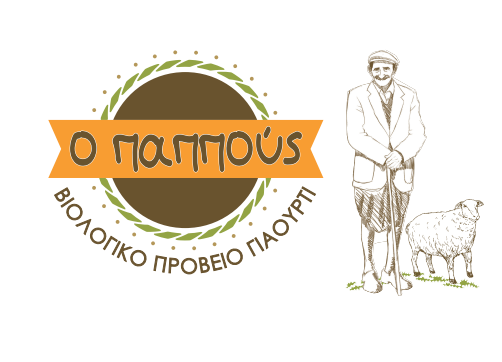Sheep Milk
Throughout the ages, sheep have been prized not only for their wool but also for milk. Sheep milk is much richer than cow or goat’s milk. It contains more protein, minerals, and healthy fats making it an excellent choice for cheesemaking. The milk is also much more easily digested with few allergenic properties. Our sheep milk is consistently sweet and nutty because the sheep are picky eaters, avoiding the weeds while picking out tender grasses and herbs when out foraging. Our production is sold directly to creameries or used to produce our own products.
Benefits of Sheep milk
• Sheep milk has a higher nutritional value and higher concentrations of proteins, fats, minerals, and vitamins, compared to cow’s milk.
• Because of the unique properties of sheep’s milk, many with digestive challenges or who are sensitive to cow’s milk, can eat sheep’s dairy products
• Sheep’s milk contains the protein A2 β-casein compared to A1 β-casein the type of protein found in cows milk. A1 β-casein has been shown to cause inflammation of the gut and exacerbated gastrointestinal symptoms, which can result in acne, eczema, bloating etc.
• Many people who think they are lactose intolerant are actually not they are intolerant to the protein in cow dairy
• People often prefer sheep’s milk to plant based alternatives. They may be using dairy free options, but are delighted to find that sheep’s milk which is still dairy, suits them.
• Most of the plant-based alternatives, are produced thousands of miles away, therefore have a high carbon footprint by the time they reach Cyprus, and so many people prefer to choose a more sustainable option.
• Sheep’s milk is naturally homogenized, this means that the fat globules float naturally in the milk and don’t need mechanical processing to homogenize them.
• People often ask, what does sheep’s milk taste like? When they try it the common response is, that it is much creamier and has a milder taste, than cow or goat.
• Sheep’s milk has higher levels of “heart healthy fats” (or what in food chemistry we call “polar lipids”) compared to cow’s milk.

